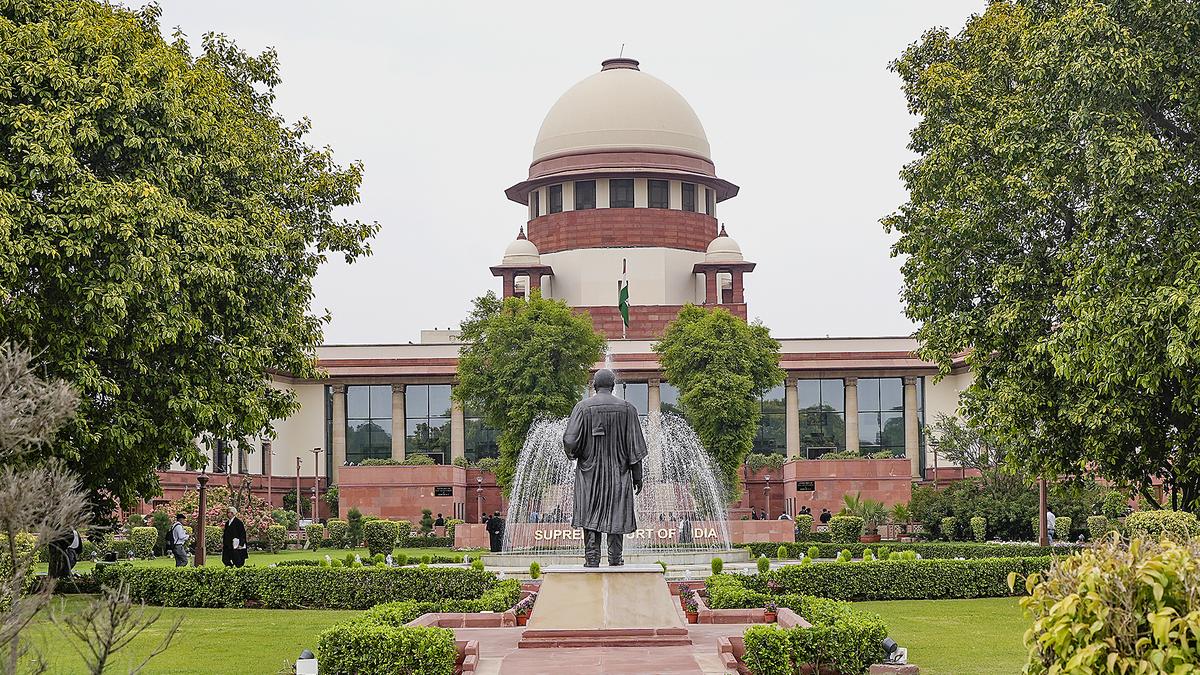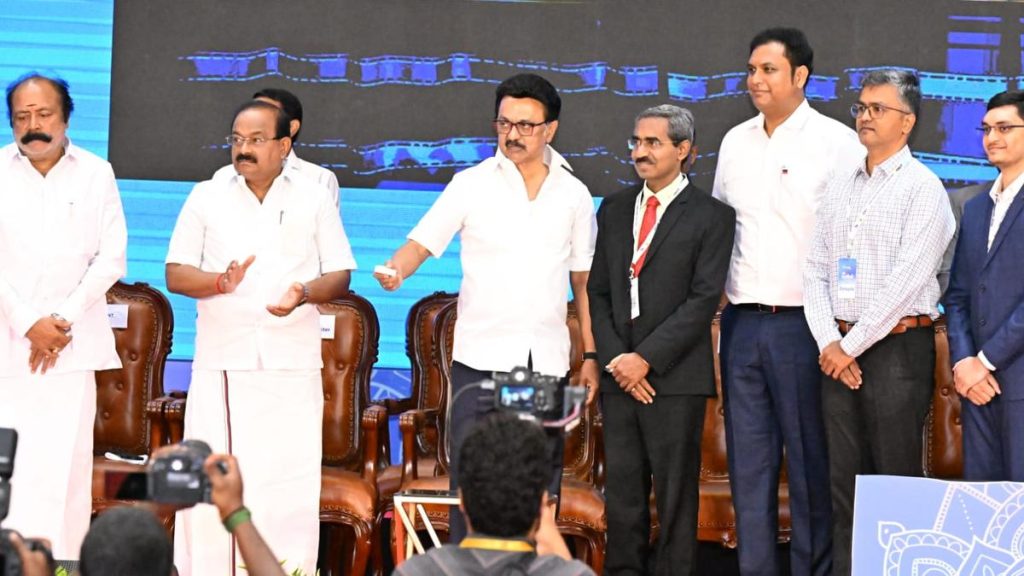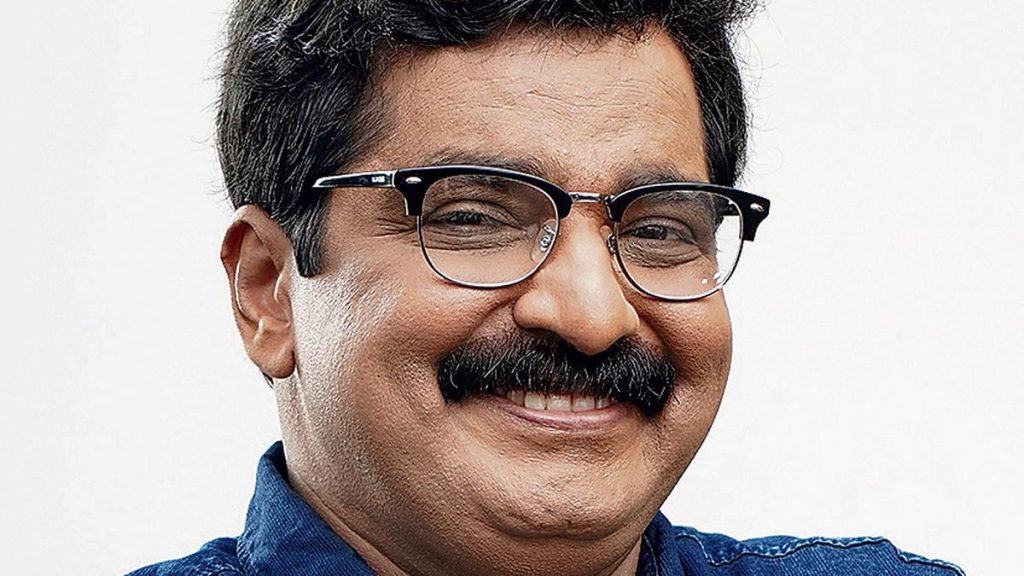Now Reading: CJI Urges Governors to Embrace Role as States’ Guides and Philosophers
-
01
CJI Urges Governors to Embrace Role as States’ Guides and Philosophers
CJI Urges Governors to Embrace Role as States’ Guides and Philosophers

Quick Summary
- Chief Justice of India B.R.Gavai emphasized that Governors shoudl act as “true guides and philosophers” to state governments in their governance.
- Kerala government argued for a collaborative working relationship between Governors and legislatures,critiquing delays by Governors in Opposition-ruled States such as Kerala,Punjab,Tamil Nadu,Telangana,and West Bengal.
- Kerala submits eight Bills have been pending with its Governor for durations ranging from 7 to 23 months.
- Senior advocate K.K.Venugopal stated Bills are granted assent without delay in BJP/allied States and suggested Opposition-governed states follow this practise.
- Senior advocate Gopal Subramanium warned against granting expansive discretionary powers to Governors as it could undermine democratic depiction of legislatures.
- Debate centers on setting clear timelines (e.g., three months) for Governors or presidents to decide on State Bills under Articles 200 (Governor’s assent) and 201 (President’s consideration).
- justice P.S. Narasimha cited past cases where fixed deadlines led to litigation; deliberation is ongoing about whether vague ‘reasonable time’ or specific deadlines would better serve constitutional governance.
Indian Opinion analysis
the discussion surrounding the Governor’s role reveals tensions inherent in India’s federal structure, particularly the balance of power between State legislatures and constitutionally appointed representatives like the Governor. While proponents argue that fixed timelines could bring clarity and efficiency to legislative processes across all states uniformly,critics caution against rigid measures potentially leading to further legal disputes.
Delays observed predominantly in Opposition-governed States highlight challenges within India’s cooperative federalism framework-where political dynamics frequently enough intersect with constitutional roles. Ensuring timely assent or consideration of proposed laws not only maintains legislative integrity but fosters trust within governance mechanisms. Clear guidelines formulated through judicial recommendations may mitigate future conflicts without diminishing any component’s authority.For more data: Read More

























